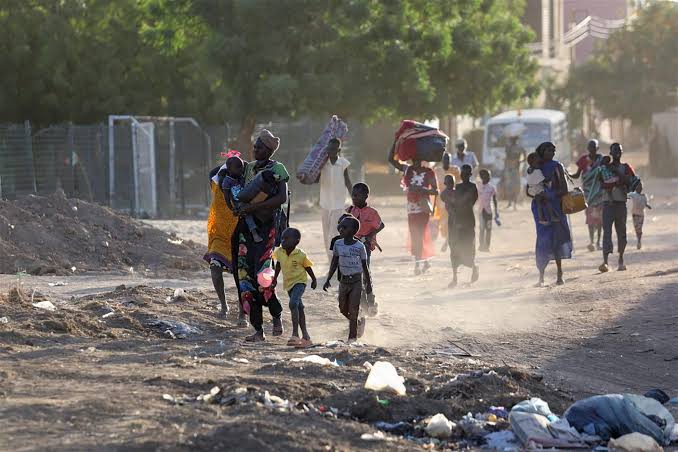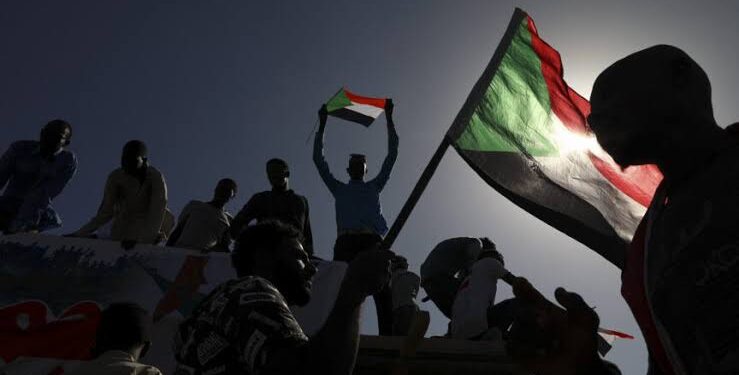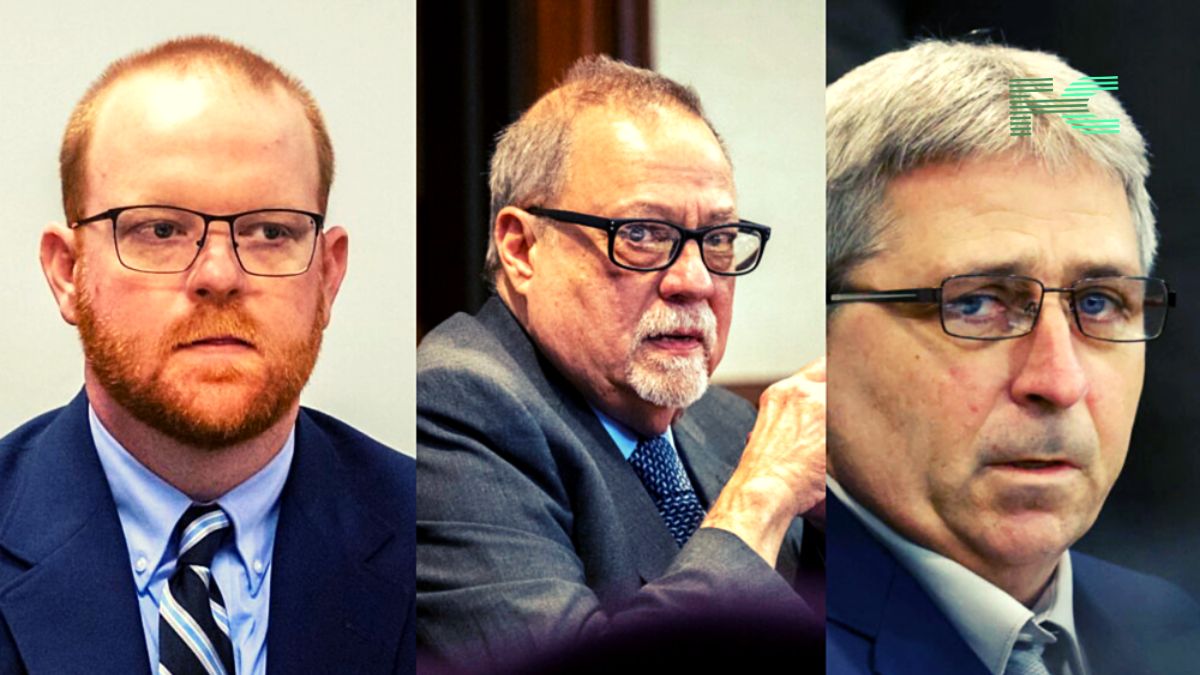In the latest episode of Sudan’s 16-month war, talks to end the conflict between the Sudanese army and the paramilitary Rapid Support Forces (RSF) are set to move forward this week, at least according to the U.S. special envoy. But let’s be true to ourselves , Neither side seems particularly interested in peace.
Why It Matters
The Sudanese army has all but shrugged off the idea of attending these talks, while the RSF, in a hypocritical twist, continues to cause havoc across the country even as it “welcomes” the U.S. and Saudi-backed initiative. The RSF’s costly offensives are still in full swing, leaving one to wonder if this “welcome” is more about optics than any genuine desire for peace.
If these peace efforts fail, ( they probably will), the consequences will be dire. We’re talking about a conflict that’s already spiraled into the world’s largest humanitarian crisis, with 10 million people displaced and famine conditions looming over much of the country.

What They Are saying
“We will move forward with this event this week. That has been made clear to the parties,” stated Tom Perriello, the U.S. special envoy to Sudan, as if mere words could corral two warring factions into a peace deal. He made these remarks in Geneva, where these so-called “talks” are set to begin on Wednesday. Good luck with that, Tom.
Meanwhile, RSF leader General Mohamed Hamdan Dagalo took to the airwaves on Monday to declare his forces’ participation in the talks—right before announcing a shiny new force to “protect” civilians. Protect them from what, exactly? The RSF’s own rampage through the country? It’s almost as if Dagalo is trying to outdo himself in absurdity. His forces, he claims, are simply exhausted from battling “rogue criminals.” That’s rich, coming from a group that has been accused of atrocities ranging from the massacre of children to attacks on hospitals.
Speaking of atrocities, recent days have seen the RSF continue its assault on Omdurman, just a stone’s throw from the capital. According to UNICEF, these “protectors” killed children in what was supposed to be a “safe space.” If that’s not enough, they also attacked a maternity hospital, because why not? And let’s not forget the 40 people killed or injured during morning prayers in al-Fashir, the capital of North Darfur, where the RSF seems hell-bent on solidifying its control.
“How serious is the RSF about negotiating a deal and complying with it? That’s a question everyone, especially the Sudanese people, desperately wants answered,” Perriello remarked on Monday, in what must be the understatement of the year.
These talks are just the latest in a series of half-hearted international attempts to end the war. The goal? A cessation of violence, broader humanitarian access, and some kind of mechanism to monitor and enforce these agreements, if they ever happen. Army chief Abdelfattah al-Burhan remains unconvinced, citing the RSF’s repeated occupation of civilian areas despite previous agreements. Who can blame him?
Over the weekend, after a meeting with Perriello in Saudi Arabia, the Sudanese delegation recommended not participating in the talks. Their reasoning? The invitation was extended to the army, not the Sudanese government, and the participation of the UAE, which the army accuses of supporting the RSF with weapons and diplomatic backing, a charge the UAE denies, of course.
Insiders say the army’s reluctance is also about maintaining internal unity, especially with former rebel groups now defending al-Fashir. For some factions, this war is an existential struggle that demands total victory, or at the very least, a stronger position before any negotiations. And then there are the loyalists of former President Omar al-Bashir, who are busy ensuring they’re not left out of any talks.
Perriello, ever the optimist, said on Monday that even if direct talks between the army and the RSF don’t materialize, the discussions will press on with technical experts and observers, including the African Union, the UAE, and Egypt. The plan? To cobble together some sort of action plan to present to the warring parties.
“The trajectory of delay would not have benefited the Sudanese people, and frankly would not benefit the army either, but I’ll leave that to their judgment,” he added.
Bottom Line
It’s almost as if he’s resigned to the fact that Sudan’s endless war will continue, whether these talks happen or not.

















